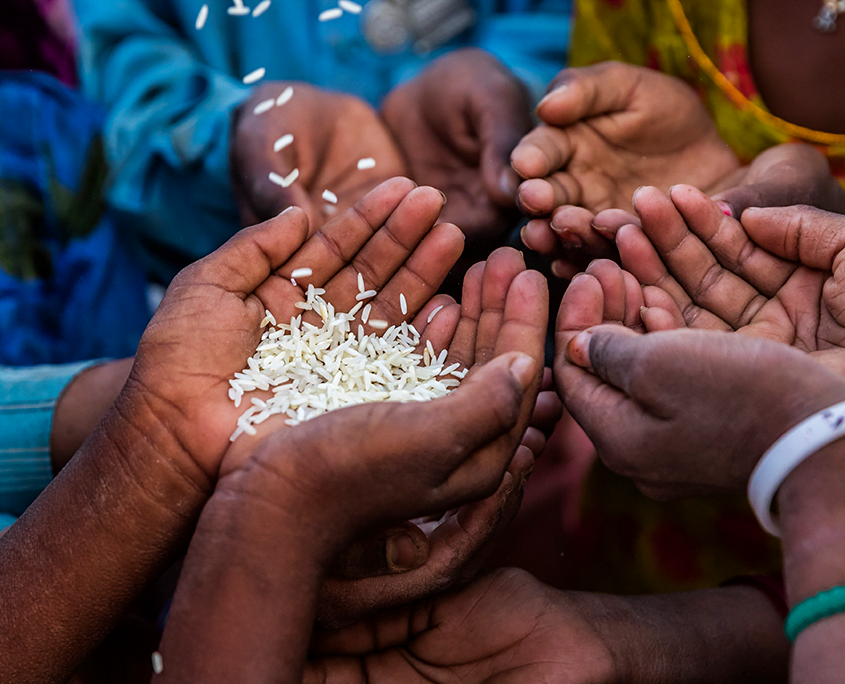Photo Credit: iStock/Getty Images
Sustainability simplified
At its core, the idea of sustainability is a simple one. It’s about knowing where things come from and where they go after we’re done with them and ensuring that we can live like this indefinitely without harming the planet. In physical terms, it’s about creating products meant to last and being mindful of the materials used in their construction not to deplete resources or leave a footprint that harms the environment.
From an economic perspective, sustainability means planning for long-term stability-making enough profit to continue providing services and maintaining infrastructure that doesn’t take advantage of employees or customers.
From a social perspective, it’s about ensuring that those who do the work have the resources they need to support themselves comfortably and that all people have access to the goods and services a sustainable society provides.
A sustainable society is one in which every person has enough to meet their basic needs without depleting resources so that other people may do the same. It’s about creating systems where everyone can access food, water, shelter, education, and the opportunity to be productive members without sacrificing their health or well-being.
Sustainability requires creating structures within society that provide these things without taking advantage of anyone. If anything were taken advantage of by any part of the process – such as food sources being over-farmed or workers being underpaid – then this would not be considered sustainable.



